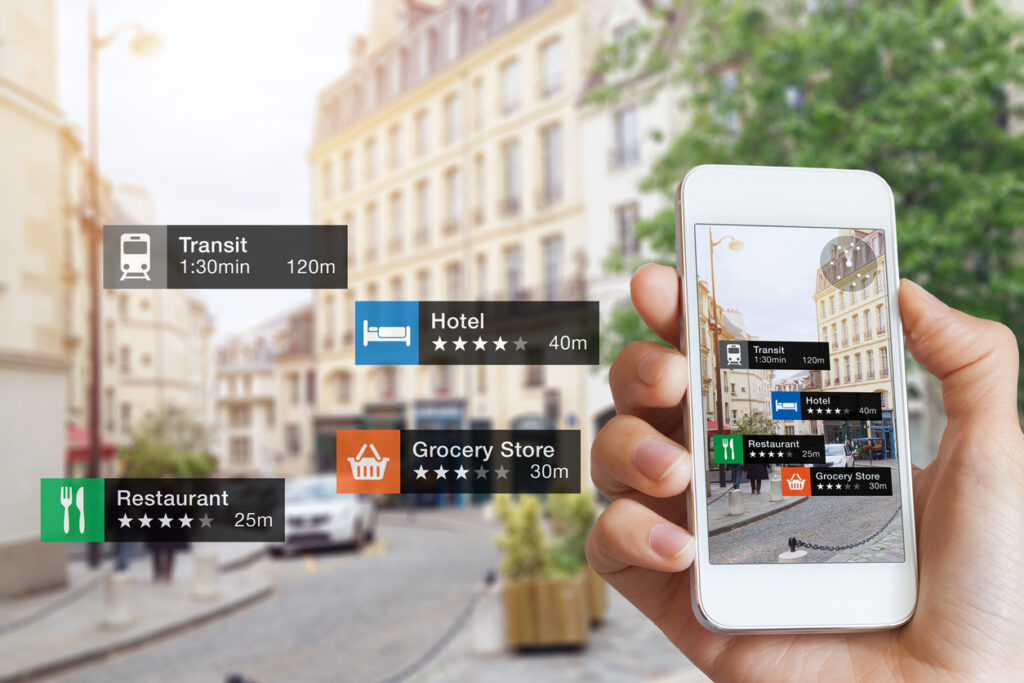Joining a new company can be a bit like entering a foreign country, so how can we better translate the new language, customs and traditions for new starters during the onboarding process?
When we go on holidays to a different country, we usually take a travel guide with us. We want to know the basics like business hours, tips on restaurants, common expressions, but we also want to learn something about that country – its attractions, events, what people usually do there, its culture, etc.
When we are able to talk to that country’s native people and get to know how they live and work, it’s a whole learning experience.
I believe starting a new job is a bit like traveling to a foreign country. You don’t know anyone, you usually have zero inside knowledge on the company, its processes and projects.
Sometimes, you even feel like you don’t speak the same language with all the specific lingo every company has. You feel like a complete alien, and in a situation when we all want to impress, it gets pretty stressful.
Using this metaphor, I believe a good onboarding should be a bit like a travel guide that companies offer their new hires so they learn the basics and know how to move around in their first months.
Chapter 1: basic information
This is the first chapter, and like a travel guide it has all the basic information the new hire should know.
Here you can include stuff like: dresscode, working hours, who to contact in case of…, where’s the printer, where’s the coffee, parking, working station essentials, and so on.
Chapter 2: where you’ll be staying
When starting a new job, it’s important to understand where and how we fit in the organisation. This is the place where you familiarise the new hires with the company structure, the team, manager and their coworkers.
It’s also a good place to introduce them to the tour guide, or in this case a mentor, that is the go-to person for asking questions or guidance.
Chapter 3: things to do
When you travel, you plan things you want to do. In a new job, having that planned in advance is essential for reducing stress and time to competence.
There is no worse feeling for a new hire than staring at the walls because he or she has nothing to do. Save time to prepare a first set of tasks and projects for the new hire and don’t forget to define expectations together, and review moments.
Chapter 4: places to see
Here, we can define places to see as all the other teams and business units of the company.
Take some time for the new hire to know the other teams, what they do and who they are.
When we travel we want to visit as much places as we can. In a company, we should also be able to know and understand what the company is and what it does as much as possible.
Take some time for the new hire to know the other teams, what they do and who they are, and plan socialization moments to help increase the sense of belonging.
Chapter 5: itineraries
Sometimes, when we travel, there is nothing better than having an itinerary planned for us that tells what we should visit and when.
In a new company and job, we can look at this as a structured learning programme that will helps know more about the new role, processes, tools, and even technical or soft skills we want new hires to acquire or improve.
Chapter 6: culture
Finally, one of the most interest things to learn when we travel is the country’s culture. In Japan, for example, we learn not to talk loudly on the phone when travelling on public transport, or to bow when we greet someone.
Culture ultimately defines how we behave, and so learning a company culture is essential to understand how the company works and what is our expected behaviour.
How do you feel when you start a new job? What is your onboarding like? What would you like to find in your onboarding experience?
Want to read more on onboarding?
Explore the articles below…






